At the time, the espresso seemed like a good idea, but by 1AM, sleep was still impossible. One bad idea doesn't necessarily lead to another though. I used the time to think about a science fiction story I wrote for an anthology. It was rejected, but they asked me to think about turning it into a novella. And thought about it, I did. What else was I going to do in the middle of the night?
As I was reading a few writer's blogs today, it seemed that everyone was lamenting unfinished novels. I know how it is. You're so excited about an idea, and the first couple chapters just flow. Then nothing. You lose faith. You fall out of love with your idea. You set it aside and go on to a better idea. And then there you are again, with 40,000 words down, and that novel isn't working either.
The first year I went to Saints and Sinners literary conference, I sat in on a great class led by Jim Grimsley called "The Murk in the Middle of the Novel." Jim talked about how we lose our way in the middle of a story. Novels, he said, were too big to hold in our imagination in one big piece, so we deal with parts. The problem comes when you're over the first part, where characters needed to be fleshed out, the scene set, and the plot put into motion. That's an exciting time. Then we get past that part and can't figure out where to go from there.
Walking away from a novel when you're not sure where to go next isn't always a mistake. Sometimes, we need some distance to be able to see the picture clearly again. While in the National Gallery years ago, I got to the point where I was numb to the art, so I stopped paying attention. I remember thinking that one of the paintings I passed was an ungodly mess. Wanting to get the visit over with, I moved on the next gallery, but my group lagged behind, so I went back to see what was keeping them. And oh my god. That ungodly mess across the gallery was Monet's Waterloo Bridge at Sunset. It was suddenly clear, and nuanced, and beautiful. But only from a distance. Up close, it still looked like swipes of mud.
If I hadn't retraced my steps, I never would have known what I missed. The same holds true for a novel that's stuck in the murk. The problem might not be where you left it, but a chapter or so further back where you took the wrong path. To figure out where you went wrong, you have to know what's right, which means having some destination in mind. Figure out where the story will end - an approximate idea will be enough - and backtrack until you understand where you went wrong.
From that point, you're going to have to be merciless to avoid getting dragged back down into the murk. Jim said every sentence has to have forward momentum. That's advice I always keep in mind throughout the novel, but mostly in the middle. Constant forward motion isn't enough though. Stop focusing on minute brush strokes and take a look at the whole story from enough distance that you can see the whole thing in your mind at the same time. It may not be the ungodly mess you think it is.
Monday, November 09, 2009
Subscribe to:
Post Comments (Atom)










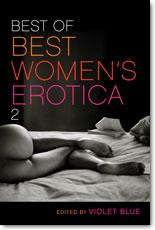

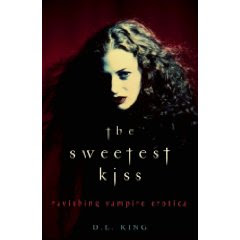


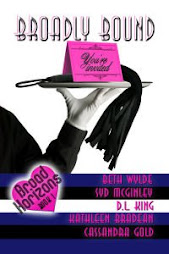.jpg)
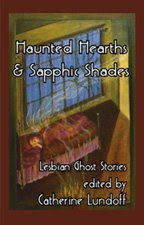

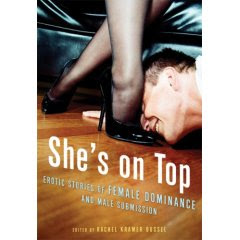








No comments:
Post a Comment